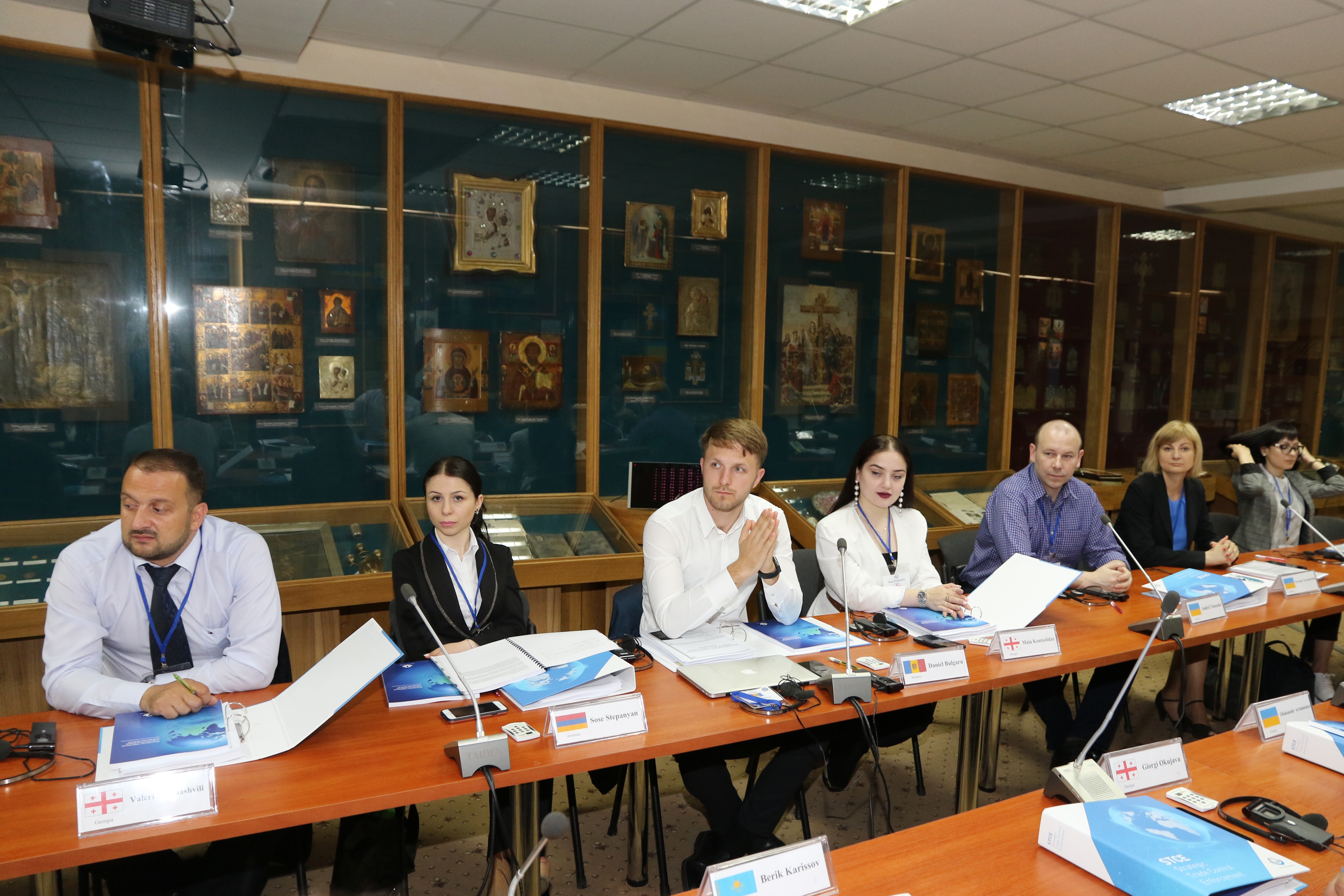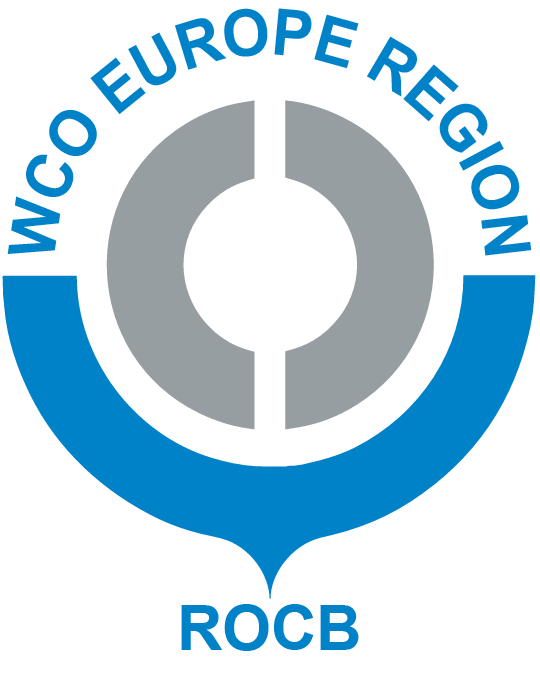There are more and more threats to global security from terrorist organizations in the modern world. One of the programs of the World Customs Organization (hereinafter - WCO) being in great demand now is the Strategic Trade Control Enforcement (STCE) Programme. This program is aimed at raising the level of awareness of customs officers about dual-use and military goods subject to export control. Training activities for customs officers contribute to creation, development and implementation of reliable measures to counter the illegal movement of such goods.
WCO has developed and successfully conducts workshops in this field to train expert trainers, who are further involved into training events under the auspices of the WCO for customs officers around the world.
The first step in the accreditation process of a WCO expert trainer is training for trainers. Such an event was organized and held from June 03 to 11, 2019 at the WCO Regional Training Center (Khmelnytskyi, Ukraine) under the auspices of the WCO and with the financial support of the Organization for Security and Cooperation in Europe.
The training was conducted by WCO expert trainers - Pete Heine, Adam Vas and Malik Ghulam Ali, and a WCO expert trainer from Ukraine Viacheslav Slavinskyi, a specialist of the Department for Specialized Training and Canine Services of the State Fiscal Service of Ukraine. Tetiana Troianovska (the SFS of Ukraine) and Tatiana Sompol (Customs Service of the Republic of Moldova) who successfully completed the first stage of the accreditation course, also participated in conducting classes, and it is expected that after this workshop they will also receive this international recognition - a WCO expert trainer.
The workshop was attended by 15 representatives of the customs administrations of Azerbaijan, Armenia, Georgia, Kazakhstan, Latvia, Lithuania, Moldova and Ukraine who are undergoing the first stage of accreditation.
During the workshop an interactive assessment of the participants’ initial knowledge was carried out, presentations on strategic trade control enforcement with the use of samples of controlled goods were made, discussions on presentations and practical exercises on identifying strategic goods were held.
A visit to the state enterprise Novator as an element of the curriculum gave the participants possibility to become familiarized with real military and dual use goods, to see methods of identifying such goods in action.
As the trainers and participants noted, all the seven days of the workshop were extremely interesting, informative and intense.




